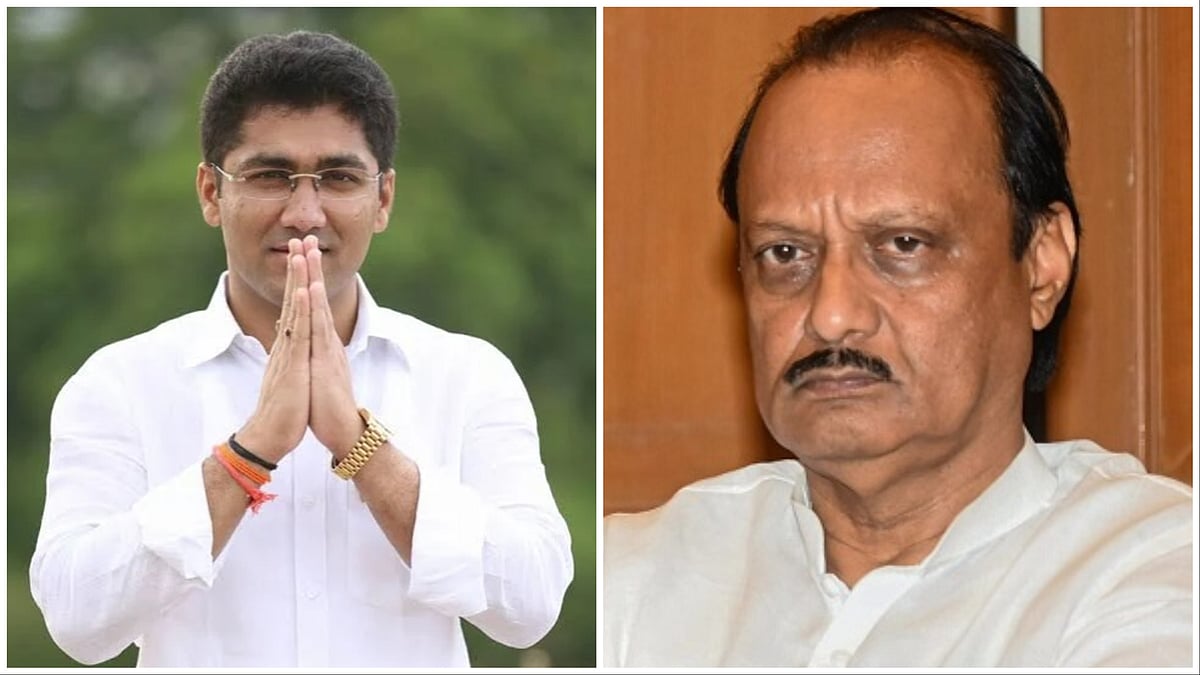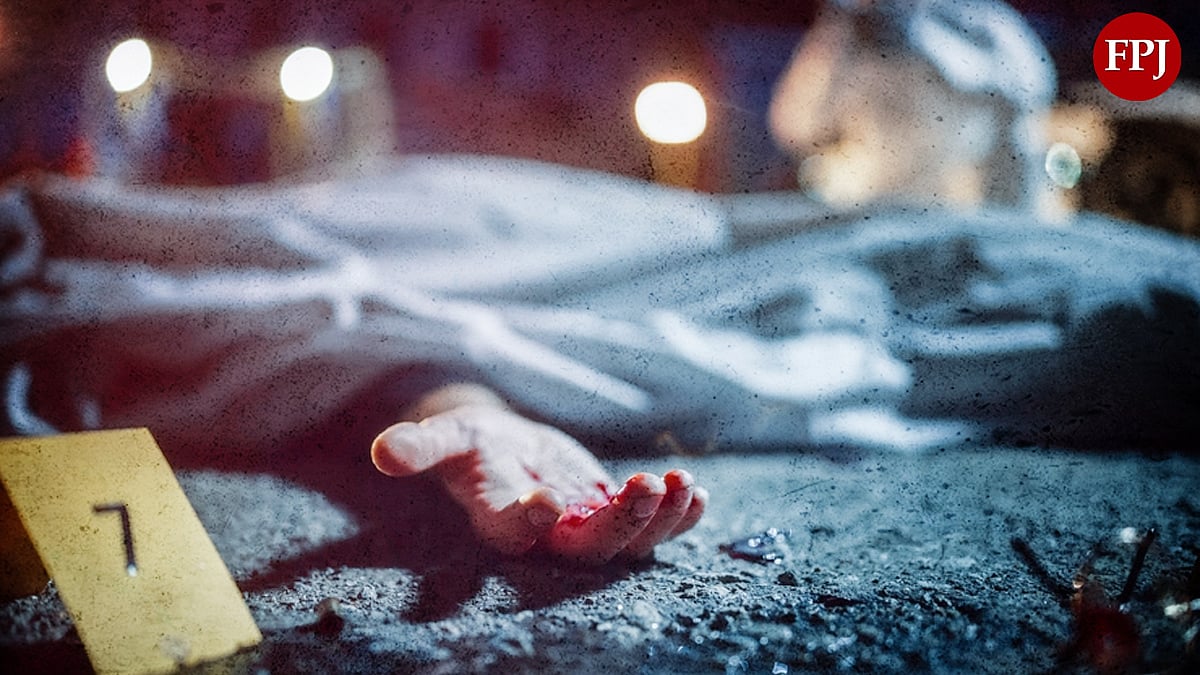After a temporary halt following the Lok Sabha election setback, the Mahayuti government in Maharashtra has resumed the ambitious Shaktipeeth Expressway project. On Tuesday, the state cabinet sanctioned ₹20,000 crore for the expressway, which aims to connect 12 districts and several key religious sites across the state.
The 802.5 km expressway will stretch from Pavnar in Wardha district to Patradevi near the Goa border in Sindhudurg. It will pass through major districts including Yavatmal, Hingoli, Nanded, Beed, Latur, Solapur, Sangli, Kolhapur, and others. The project, executed by the Maharashtra State Road Development Corporation (MSRDC), promises to reduce travel time from Nagpur to Goa from 18 hours to just 8.
The expressway is intended to boost regional tourism by connecting Maharashtra’s prominent pilgrimage sites such as Tuljapur, Kolhapur, Mahur, Ambajogai, Pandharpur, Aundha Nagnath, and Parli Vaijnath, along with several revered Datta temples and abodes of saints.
However, the project is facing intense opposition from farmers in the Sangli and Kolhapur districts, who have refused to part with their land. At the cabinet meeting, Health Minister Prakash Abitkar and Medical Education Minister Hasan Mushrif—both from Kolhapur—raised concerns over the discontent among local farmers. Sources indicate they warned the government about the political repercussions of proceeding without farmers’ consent, especially with upcoming municipal and local body elections.
Farmer leader and former MP Raju Shetti issued a scathing statement against the project, alleging corruption and inflated costs. “A road that could be built for ₹30,000 crore is now projected at ₹86,000 crore. This is a ₹50,000 crore loot. Farmers will resist this project with slingshots and stones. We will never let Kolhapur drown in the flood of this highway,” Shetti warned.
Rajen Kshirsagar, national president of the All India Kisan Sabha and a leader of the anti-expressway movement, also opposed the project. He stated that the farmers of Maharashtra will never accept it. “This is a land-grab scam to push farmers into poverty. Even bullets won't stop us from defending our land,” he said.
Despite the backlash, the state remains firm on pushing the project forward. The government has already secured a ₹12,000 crore loan from HUDCO to facilitate the land acquisition of approximately 7,500 hectares.











